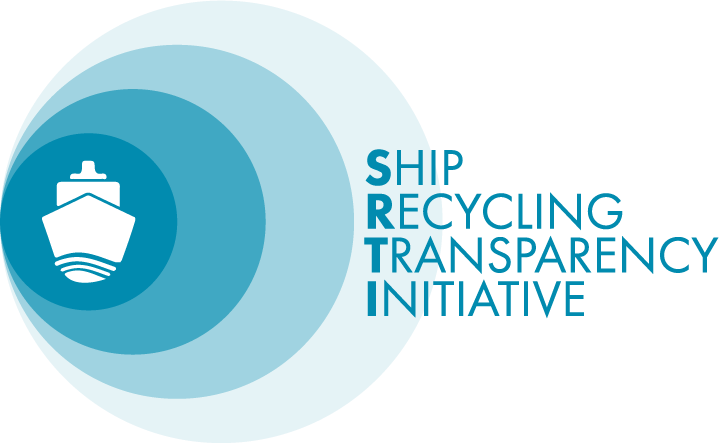Munich. The BMW Group is the first automobile manufacturer worldwide to join the Ship Recycling Transparency Initiative (SRTI). This independent platform, launched in March 2018 by the Sustainable Shipping Initiative, aims to improve measures, transparency and awareness relating to the issue of ship recycling. The move signals the BMW Group’s commitment to more sustainable organisation of transport logistics.
Increased sustainability in the supply chain.
The BMW Group takes a holistic approach to implementing its sustainability goals that encompasses the entire value chain. As a global organisation, the company relies on a multifaceted logistics network – with tasks that range from transporting vehicle parts to plants (inbound logistics) to distributing finished vehicles to customers (outbound logistics). Sea logistics plays an important part in this. The BMW Group therefore makes it a priority to organise its sea logistics in a responsible manner – especially with respect to recycling practices for ships.
“Sustainable awareness and transparency are guiding principles for the BMW Group’s actions. We demand the same from our partners in our worldwide distribution and transport network,” emphasised Anita Pieper, responsible for Vehicle Distribution at the BMW Group. “We are delighted to be the first automobile manufacturer to become part of the Ship Recycling Transparency Initiative and take a stand for more transparency in ship recycling.”
About the Ship Recycling Transparency Initiative.
The SRTI adopts a voluntary market-driven approach to sustainable ship recycling practices. As an online platform, it promotes exchange of information on ship recycling practices and guidelines, and helps ensure greater transparency in the maritime sector. The Initiative takes the interests of all its members into account in its efforts to find joint solutions and establish a new standard for responsible ship recycling.
Recycling at the BMW Group.
The BMW Group has always developed sustainable recycling processes within the company – especially in the area of vehicle recycling. To gradually increase recycling rates, the company tests recycling concepts for new kinds of vehicle components on an ongoing basis at its Recycling and Dismantling Centre. The BMW Group also works with research institutes and suppliers to further implementation of new recycling technologies. With its “design for recycling” principle, the company aims to ensure that components can be returned to the material cycle wherever possible at the end of a vehicle’s lifecycle.
If you have any questions, please contact:
Kai Zöbelein
BMW Group Communications Sustainability
Phone: +49-89-382-21170
Kai.Zoebelein@bmw.de
The BMW Group
With its four brands BMW, MINI, Rolls-Royce and BMW Motorrad, the BMW Group is the world’s leading premium manufacturer of automobiles and motorcycles and also provides premium financial and mobility services. The BMW Group production network comprises 30 production and assembly facilities in 14 countries; the company has a global sales network in more than 140 countries.
In 2018, the BMW Group sold over 2,490,000 passenger vehicles and more than 165,000 motorcycles worldwide. The profit before tax in the financial year 2017 was € 10.655 billion on revenues amounting to € 98.678 billion. As of 31 December 2017, the BMW Group had a workforce of 129,932 employees.
The success of the BMW Group has always been based on long-term thinking and responsible action. The company has therefore established ecological and social sustainability throughout the value chain, comprehensive product responsibility and a clear commitment to conserving resources as an integral part of its strategy.
Facebook: http://www.facebook.com/BMWGroup
Twitter: http://twitter.com/BMWGroup
YouTube: http://www.youtube.com/BMWGroupView
Instagram: https://www.instagram.com/bmwgroup
LinkedIn: https://www.linkedin.com/company/bmw

